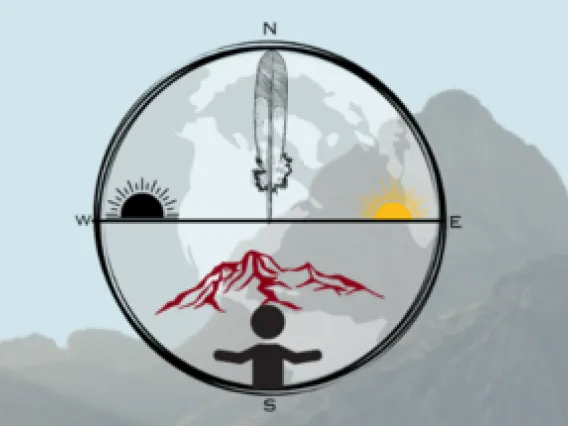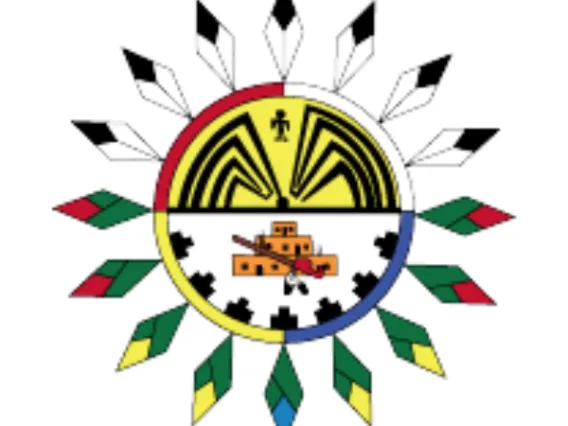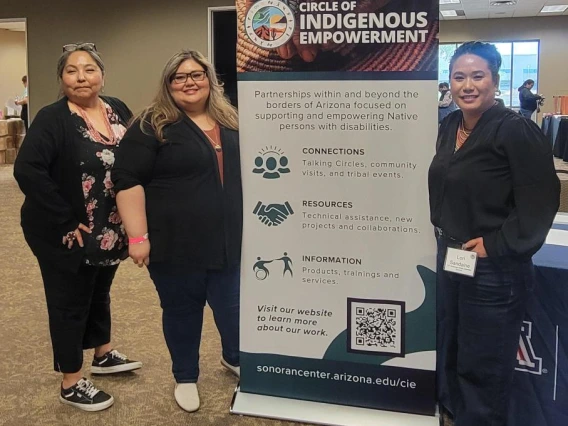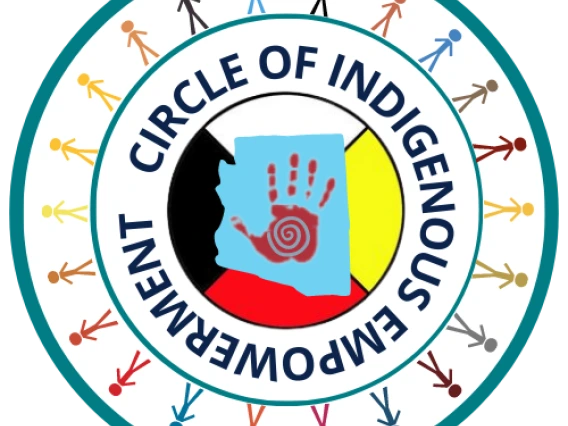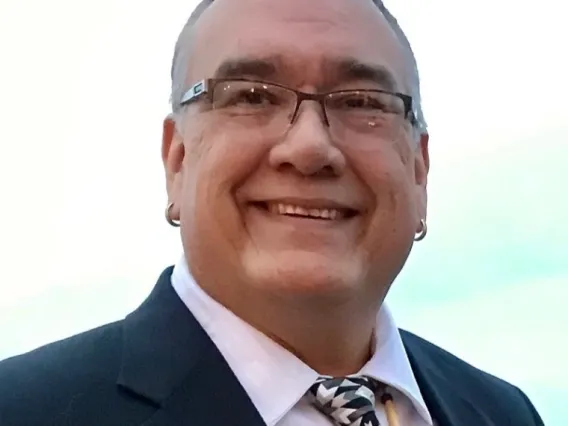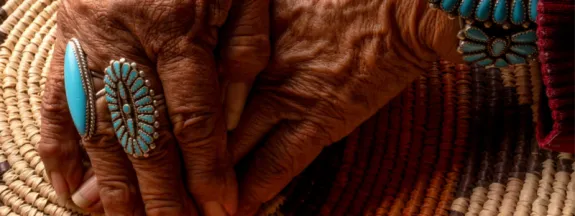
Circle of Indigenous Empowerment
The University of Arizona Sonoran Center for Excellence in Disabilities is involved in many partnerships within and beyond the borders of Arizona focused on supporting—and empowering— Native persons with disabilities.
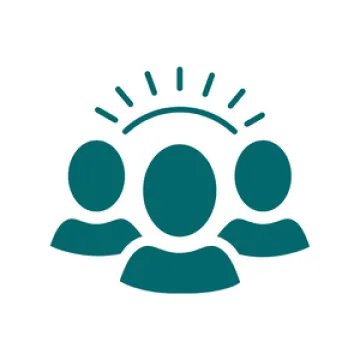
Connections
Talking Circles
Community Visits
Tribal Events
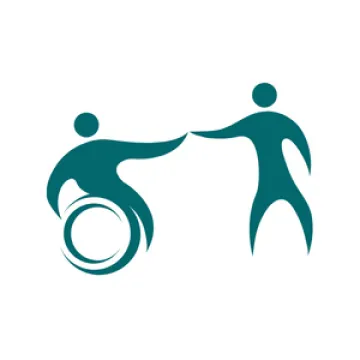
Information Services
Trainings
Products
Resources
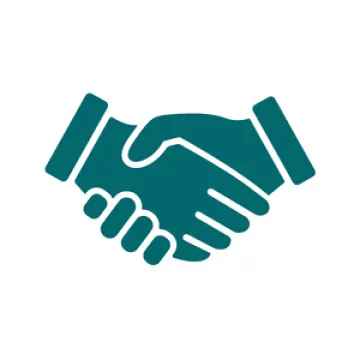
Resources
Technical Assistance
New Projects
Collaborations
Join the Circle of Indigenous Empowerment Newsletter list
Issue #1 - March 2023 | Issue #2 - June 2023 | Issue #3 - September 2023 | Issue #4 - December 2023
Issue #5 - March 2024 | Issue #6 - June 2024 | Issue #7 - October 2024 | Issue #8 - December 2024
.
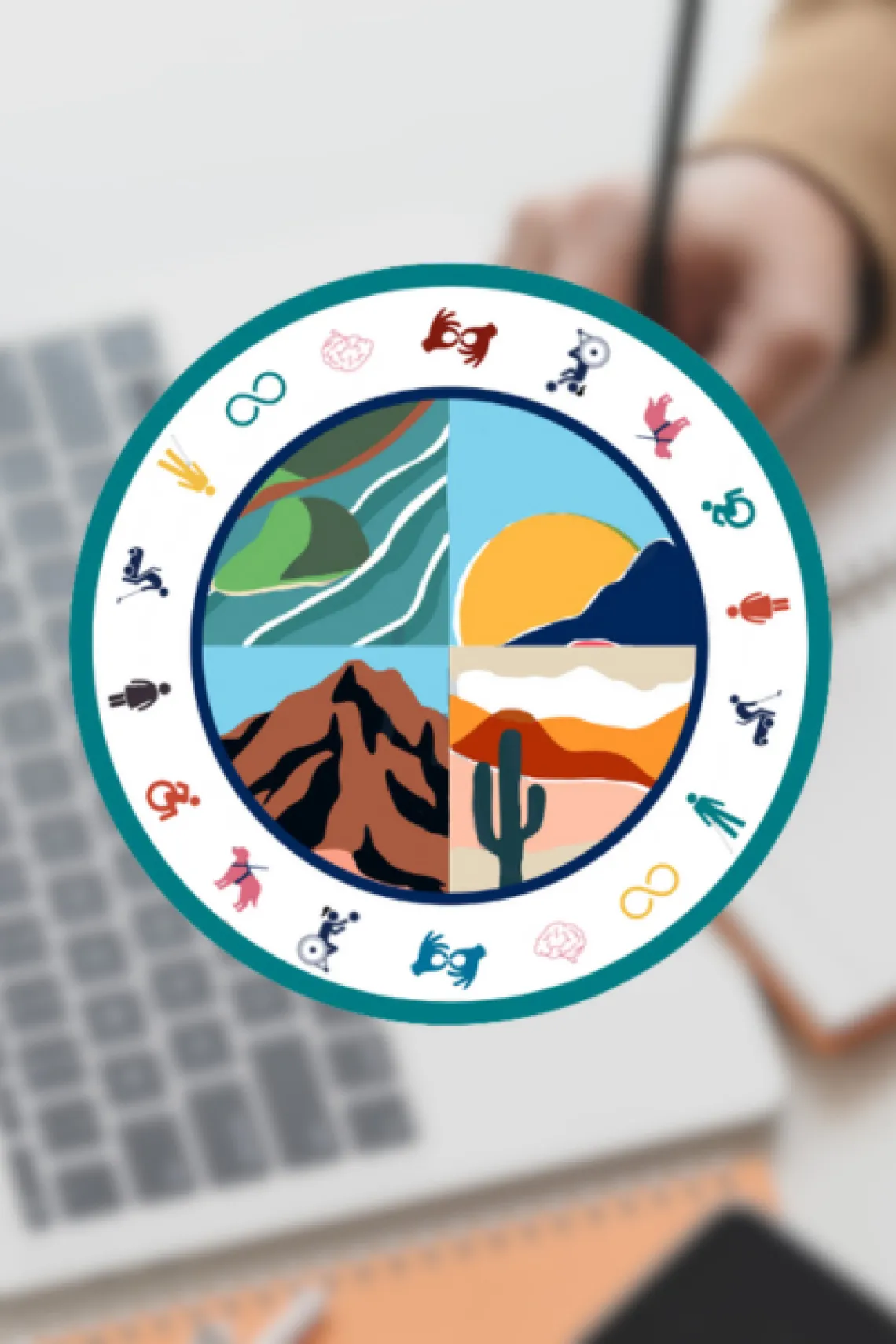
Monthly Webinar Series
Examining the history of disability within Native communities, present-day challenges, and the possible solutions to creating a more equitable and accessible future for Native people with disabilities.
Attendees come away from the series with a greater understanding of:
- The history and culture of disability within Native communities
- The unique intersectionality of disability and Native populations
- The current challenges facing Native people with disabilities and some of the achievements around ensuring equitable access
- The culturally-based strategies and approaches that can help improve the quality of life for Native people with disabilities
.
Upcoming Events
There are no upcoming events listed.
Native Initiatives
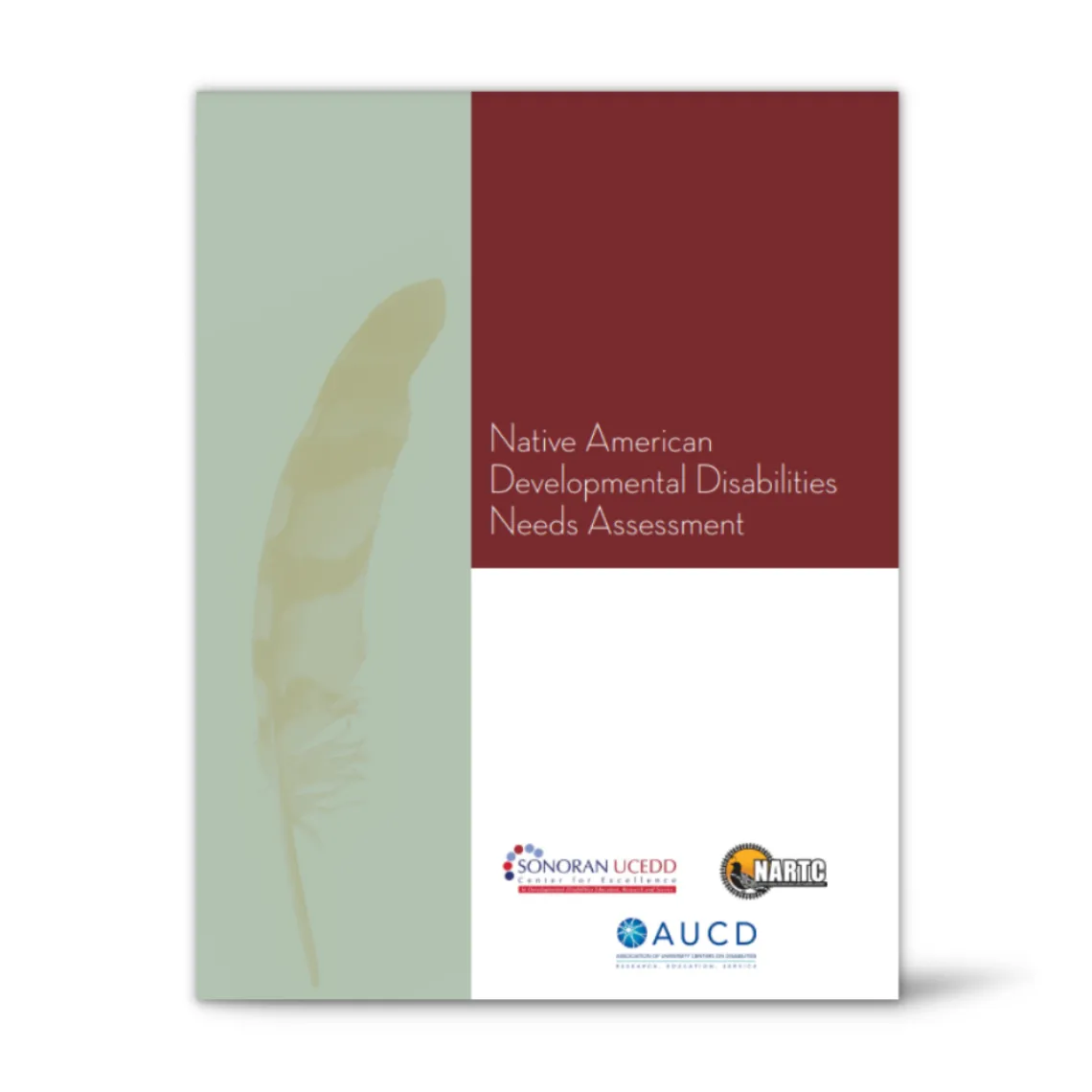
Native American Developmental Disabilities Needs Assessment
This report provides information about the availability of services and support for individuals with developmental disabilities (DD) and their families, the needs of DD tribal members and their families, and tribal members' familiarity and contact with the DD Network agencies.
Team
Image
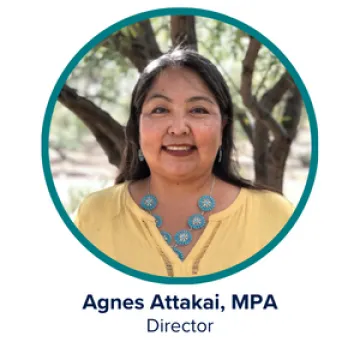
| Image
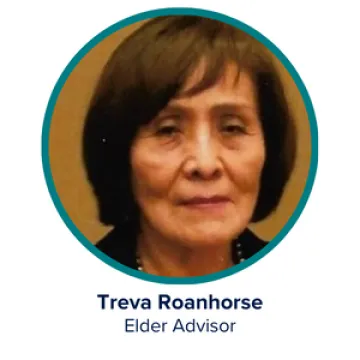
| Image
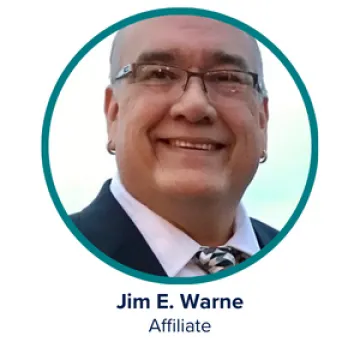
|
Image
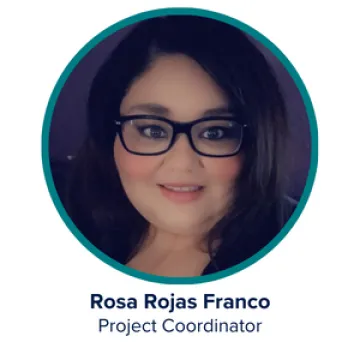
| Image
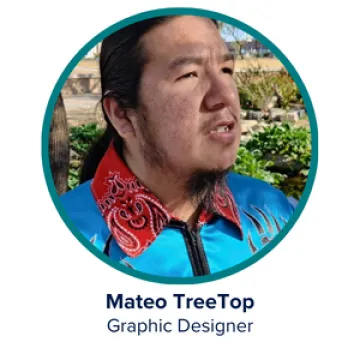
| Image
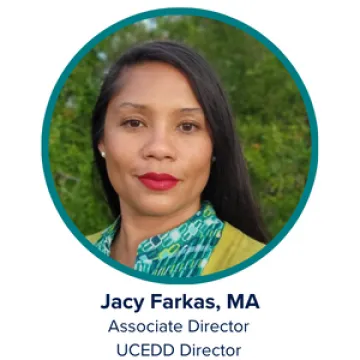
|
Contact
If you have any questions about the Sonoran Center's Circle of Indigenous Empowerment, contact:
News
Funding was made possible in part by the Arizona Developmental Disabilities Planning Council through the Native Center for Disabilities project. The Arizona Developmental Disabilities Planning Council is supported by the Administration for Community Living (ACL), U.S. Department of Health and Human Services (HHS) as part of a financial assistance award totaling $1,500,930 with 100 percent funding by ACL/HHS. Council efforts are those of the grantee and do not necessarily represent the official views of, nor an endorsement, by ACL/HHS, or the U.S. Government. The views expressed in written materials or publications and by any speakers and moderators do not necessarily reflect the official policies of the ADDPC or the Administration for Community Living, the U.S. Department of Health and Human Services, nor does mention of trade names, commercial practices, or organizations imply endorsement by the U.S. Government.

